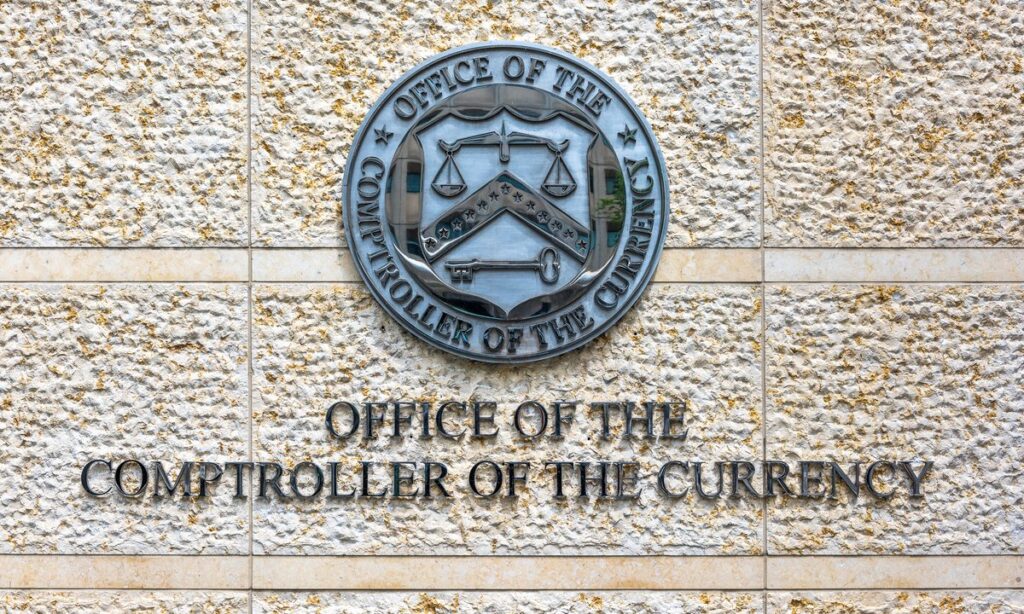Acting Comptroller of the Currency Michael J. Su said banks can combat fraud targeting consumers by verifying the accuracy of transactions, educating the public and maintaining strong controls and fraud monitoring capabilities.
During a public meeting of the Committee on Financial Literacy and Education on Wednesday (July 10), Xu said that while artificial intelligence and other new technologies are being used to commit fraud, “proven scams” remain common. Xu’s written remarks were released by the Office of the Comptroller of the Currency (OCC).
“Fraudsters often pose as reputable companies, government agencies or bank employees and ask victims to quickly transfer money to fake accounts,” Su said. “In most cases, the funds cannot be retrieved once the transfer is completed.”
In such cases, verifying transfer instructions, verifying identities and effective authentication controls can prevent payments from going to bad actors, Su said.
Banks can also educate customers about prevalent scams and how to avoid them. Focusing on text message and bank impersonation scams, Su noted that banks can inform consumers about the pros and cons of authentication methods.
Su said financial institutions can also create friction so consumers think twice before making a payment to someone they don’t know, train staff to identify and help customers who are attempting unusual transactions, and maintain strong controls and verification across a customer’s banking relationship.
He added that these financial institutions also ensure that there are lines of communication between departments investigating unusual activity; that suspicious activity reports are submitted in a timely manner; that fraud concerns are promptly identified, investigated and resolved; and that customers can speak privately with staff about suspected fraud.
“Prioritizing fraud prevention is not just about protecting banks’ interests,” Xu said in a written statement. “Consumers who are confident that their bank is trying to protect them from bad actors will have greater trust in that financial institution.”
The PYMNTS Intelligence report, “Leveraging AI and ML to Stop Scammers,” found that scammers posing as trusted service providers or promising financial benefits are most likely to deceive consumers, with nearly two-thirds of financial institutions reporting tech support scams, utility company scams and IRS impersonation scams.
In a separate move, the OCC announced in April that it was asking financial institutions to work with them to “improve their customers’ financial capability and financial health” by providing financial literacy education to consumers.
Read more: authentication , banking , fraud , identity verification , Michael J. Hsu , news , Office of the Comptroller of the Currency , PYMNTS News , fraud , security , trending topics
Source link



